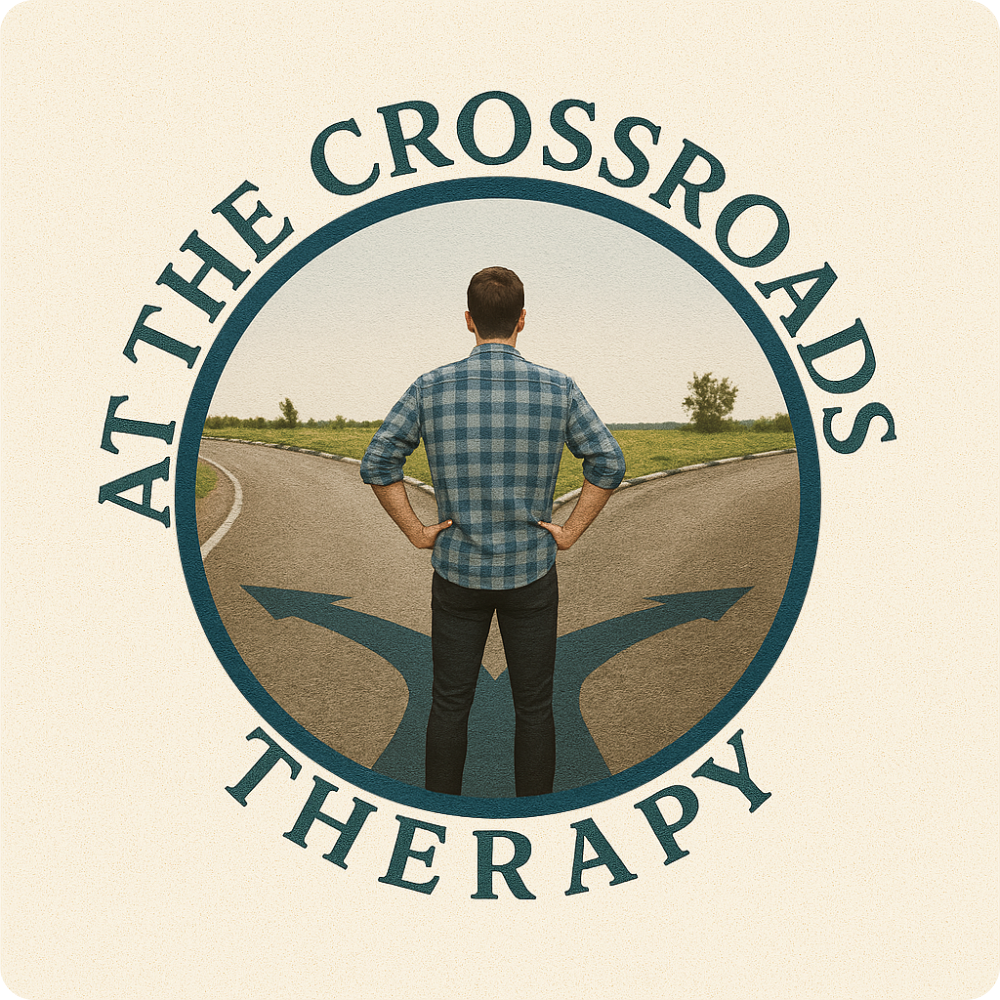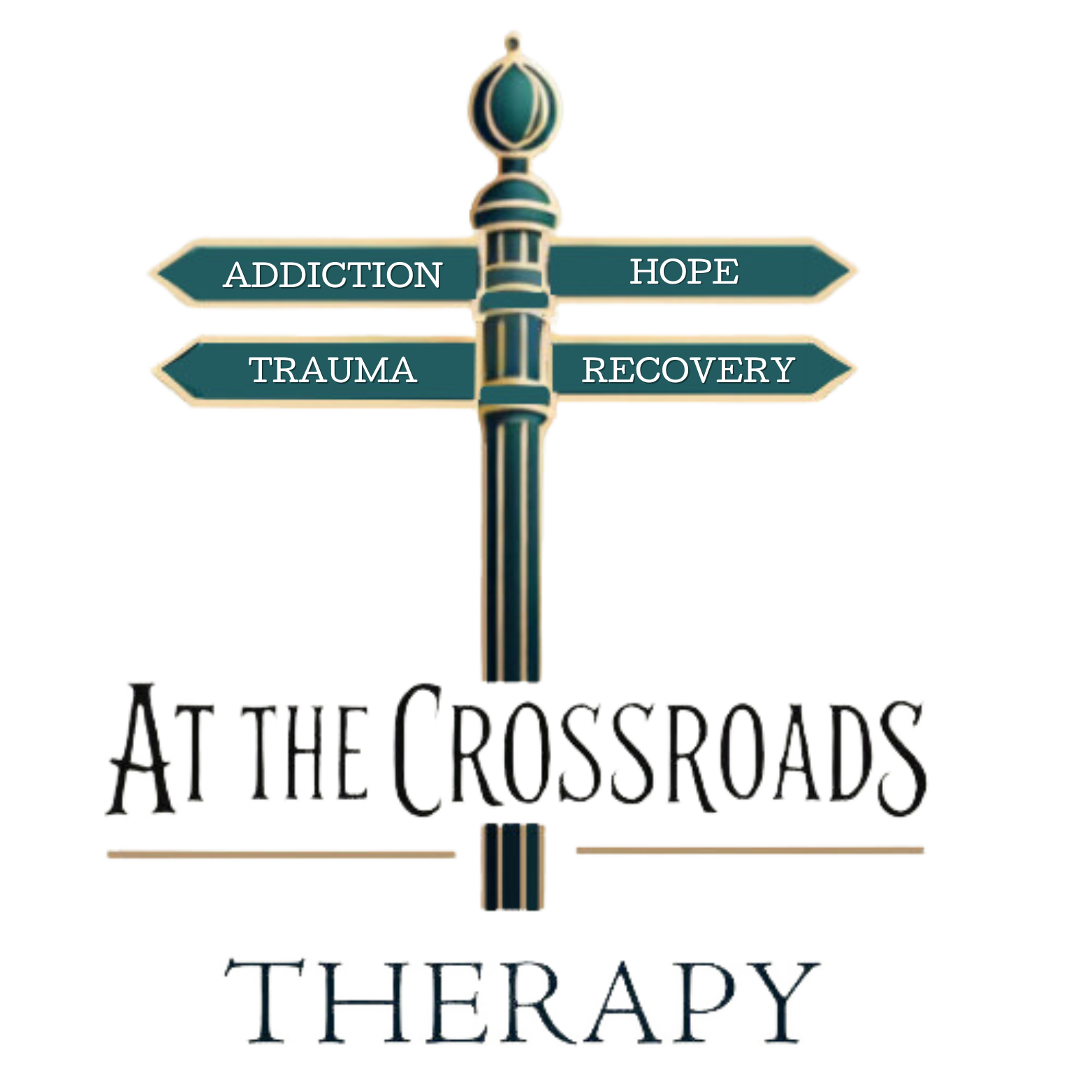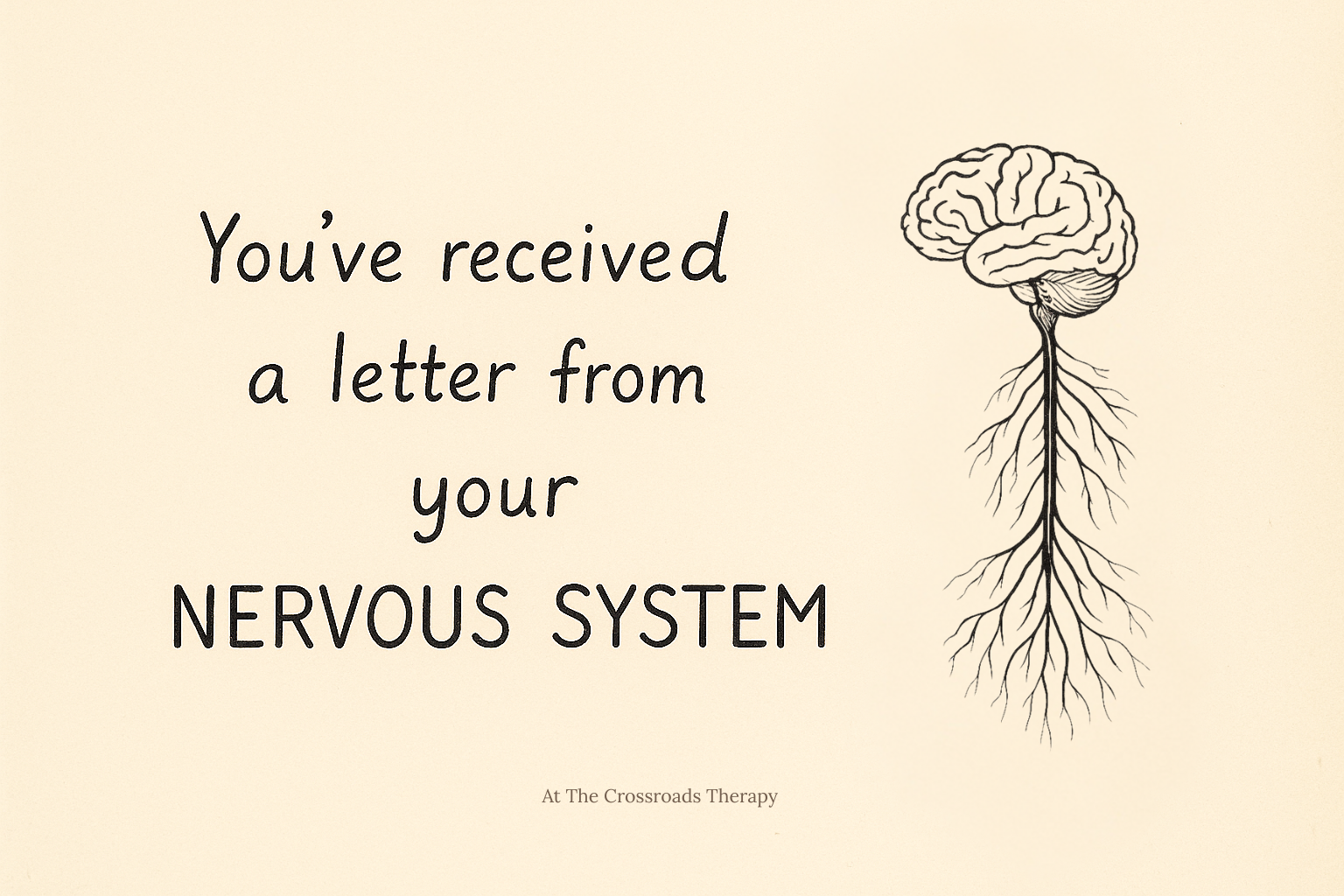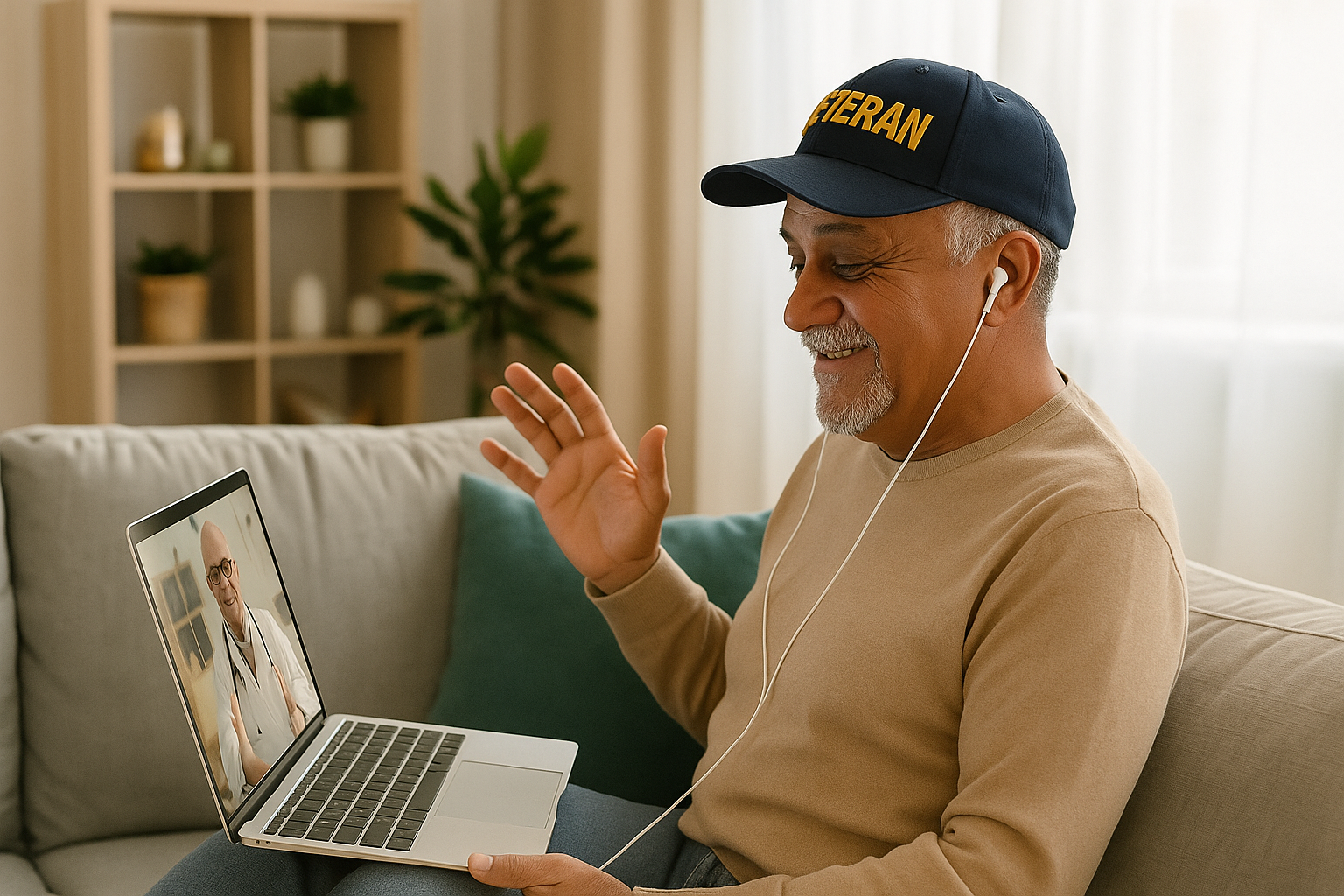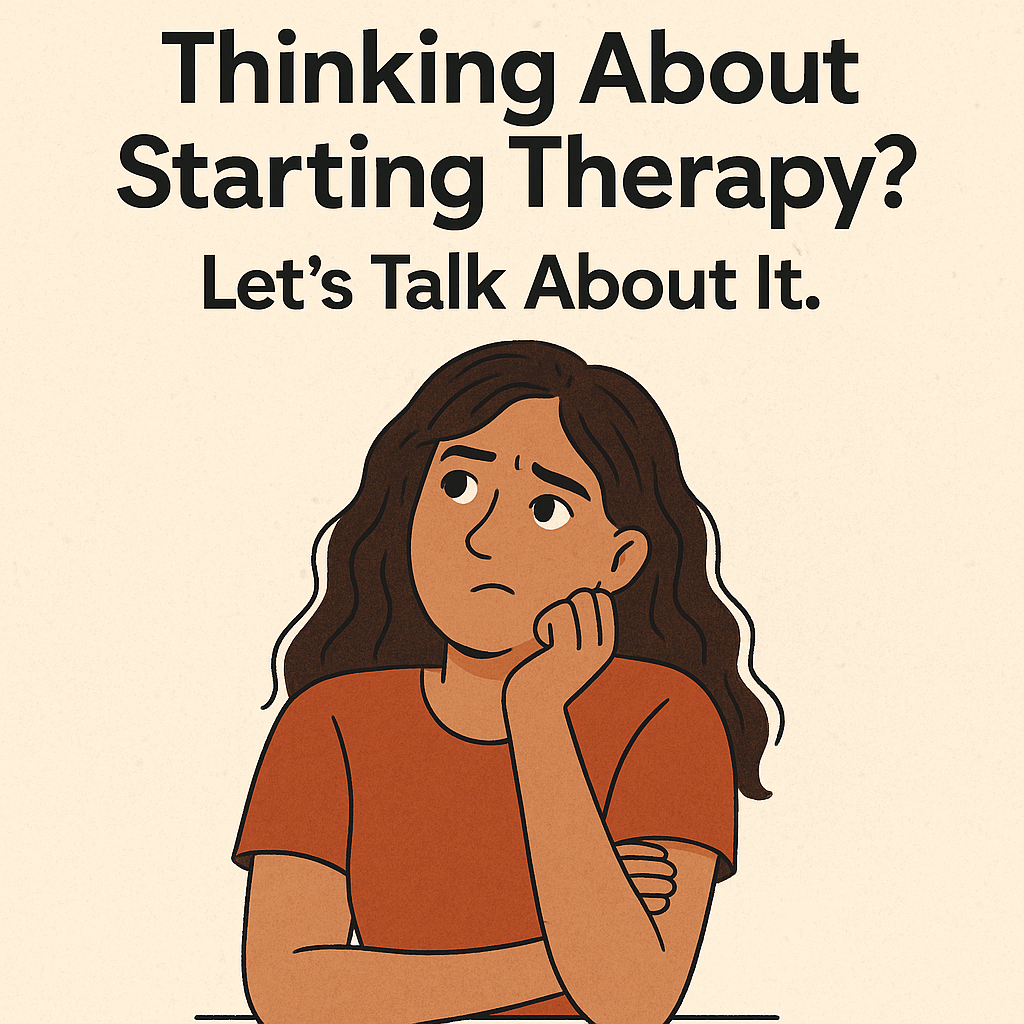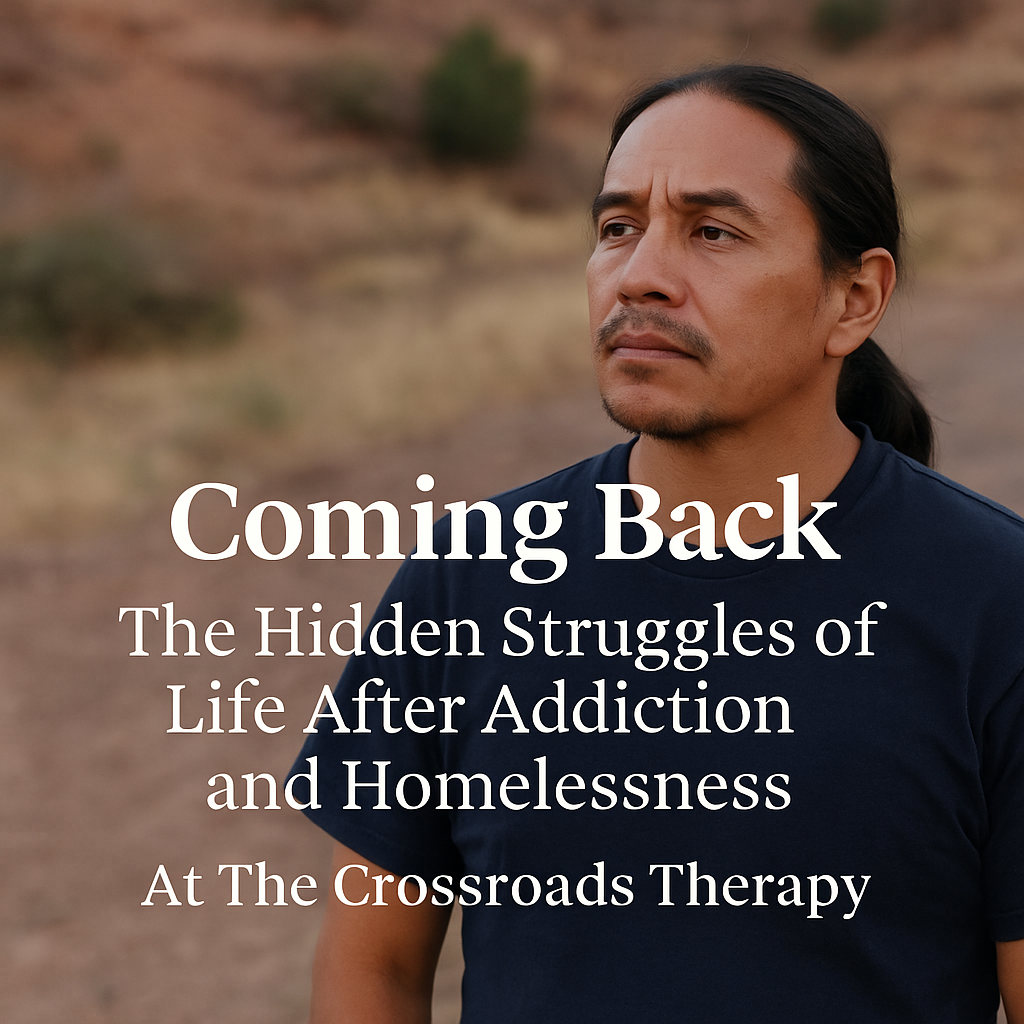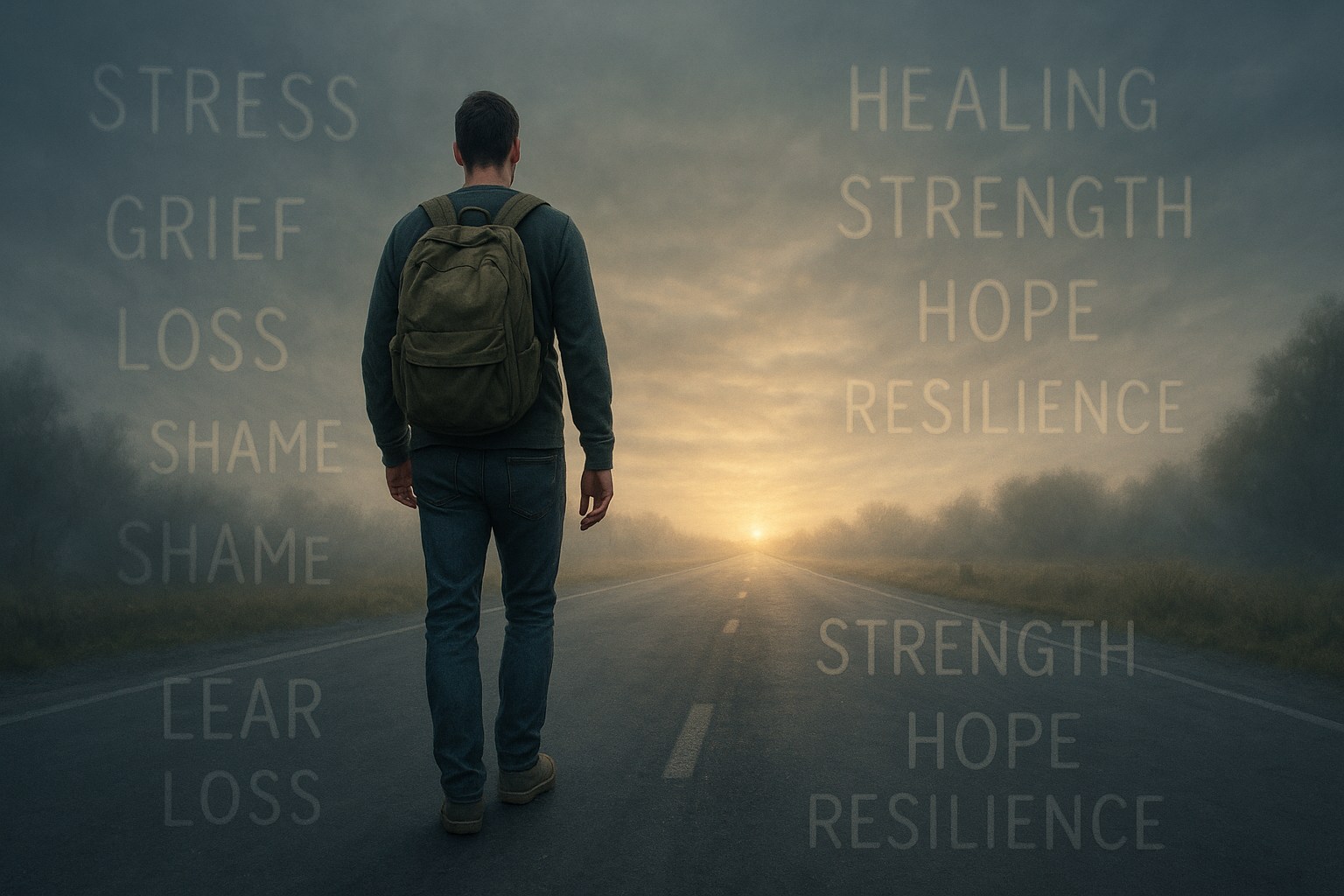Article
The Heavy Load: Trauma, Stigma, and the Power of Therapy for First Responders, Law Enforcement, and Military Personn

Every day, first responders, law enforcement officers, and military personnel walk headfirst into situations that most people can barely imagine. They run toward danger, face unimaginable loss, and carry the weight of human suffering on their shoulders. Behind the badges, uniforms, and stoic faces are individuals who often bear the deep scars of trauma.
The Unseen Wounds
Trauma doesn't always come from a single event. For many of these professionals, it builds over time. Each call, each mission, each confrontation adds another layer to the emotional load they carry.
- First responders may witness the aftermath of car accidents, fires, natural disasters, and violent crimes.
- Law enforcement officers may experience high-adrenaline pursuits, domestic violence scenes, or the death of a colleague.
- Military personnel face combat zones, separation from family, loss of comrades, and the moral injuries of war.
This trauma doesn't clock out at the end of a shift. It comes home. It can impact sleep, relationships, mood, and overall health.
The Stigma Around Seeking Help
Despite the prevalence of trauma in these fields, a persistent stigma around mental health care remains. There's a deeply ingrained culture of toughness — an expectation to "handle it" or "suck it up."
Many fear that admitting to psychological struggles will:
- Be seen as a weakness
- Lead to job repercussions
- Cause others to lose trust in them
- Set them apart from their peers
As a result, too many suffer in silence, allowing symptoms of PTSD, anxiety, depression, and substance use to grow unchecked.
Why Therapy Matters
Therapy isn't a sign of weakness; it's an act of strength. It's an investment in personal resilience, professional longevity, and healthy relationships.
Effective therapy can help:
- Process and make sense of traumatic experiences
- Learn tools for managing anxiety, anger, and depression
- Rebuild a sense of control and identity
- Strengthen relationships with family and colleagues
- Prevent or heal from burnout
The earlier support is sought, the better the outcomes can be. Addressing trauma isn't just about "feeling better"—it's about reclaiming quality of life.
A Call for Change
We need to dismantle the stigma around seeking therapy. Seeking help should be seen for what it is: a courageous, wise, and life-affirming choice.
At The Crossroads Therapy, we deeply understand the unique experiences of first responders, law enforcement, and military personnel. Our specialized therapists provide a safe, confidential space to heal and build resilience—because those who protect and serve deserve that same protection and care for their own well-being.
